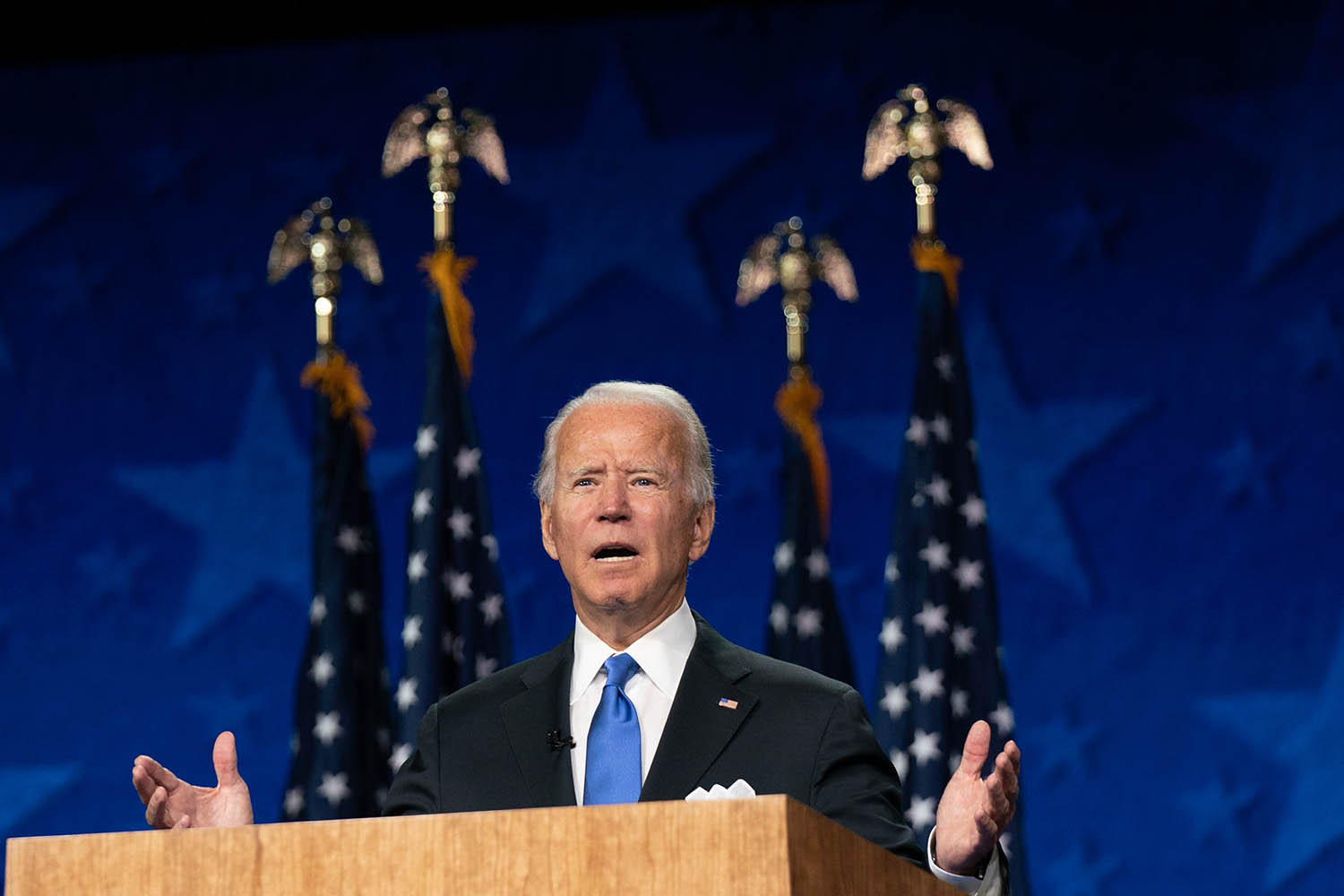With President-Elect Joe Biden having declared victory in the 2020 presidential race, a new tenor for international economic and diplomatic engagement is likely to be set, which in Biden’s words is to “renew the spirit and shared purpose of the nations of the free world”. An important manifestation of that “renewal” of spirit will be in the Global Summit for Democracy that he announced as one of his major campaign pledges.
According to Biden’s campaign manifesto, he is to use his first year in office to “bring together the world’s democracies to strengthen our democratic institutions, honestly confront the challenge of nations that are backsliding, and forge a common agenda to address threats to our common values.” There are three major commitments and agenda-items highlighted by the Biden team: (1) fighting corruption, (2) defending against authoritarianism, and (3) advancing human rights domestically and abroad.
This is a laudable initiative, at least in rhetoric, and one that seeks to be inclusive by bringing together nation-states, civil society organisations, as well as the private sector. Pakistan’s PM Imran Khan recently welcomed the initiative, tweeting that he looks forward to President-Elect Biden’s Global Summit on Democracy, and to “work with him to end illegal tax havens and stealth [sic] of nation’s wealth by corrupt leaders.”
This is an important line for Pakistan to take, as illegal tax havens and the pilfering of the developing world’s wealth, by both local elites and by foreign capitalists, represents one of the heaviest burdens for the third world to lift. Insofar as Pakistan can put this visibly on the summit’s agenda, and gain widespread support for a fairer international financial architecture, it would be a great victory for the developing world at large.
Pakistan has been a staunch advocate against fascism and against economic violence meted out against the developing world. Seizing the occasion of the Summit of Democracy to put forward Pakistan’s viewpoint, and galvanising a wider cohort of nations, would represent an astute melding of twin challenges confronting governance in the third world.
Beyond this, it will be interesting to see just how rigorous a definition of “democracy” is to be implemented when inviting delegations. As an example, will Narendra Modi and his minions in India be asked to participate? There is a likelihood that an ever-tighter US-Indian partnership will pave the way for a fascist and Hindu-supremacist hardliner to have a seat at the table, out-of-place as Modi’s own agenda might be.
However, if Biden is using such summitry to get cosy with the warmongering regime behind India’s Citizenship Amendment Act, the unilateral annexation of IIOJK, and fake-news and hate-filled populism, then Biden will already show the ultimate weakness of the Democratic Party as per its progressive critics: that it is but a “fascism-lite,” with raw capitalist violence securely enshrouded in “hunky-dory” polemics.
After all, the Modi regime violates all three of the tenets of Biden’s proposed Summit for Democracy. Few regimes can compete with Modi’s BJP in terms of the sheer scale of corruption, as shown in numerous scandals over the past five years. Few regimes have also shown themselves to be as authoritarian, particularly when masquerading in the garb of a “democracy.” Finally, seldom has a government tried to exact so much violence on such a large minority population (India’s 10 crore Muslims) in such a short time.
One should therefore keenly observe the degree of welcome that Biden extends to Modi at this proposed summit and in future instances. As with his Obama-era Vice-Presidency, and his long track-record in the Senate, there are many instances where the even-tempered and peace-loving rhetoric of Biden and similarly “centrist” Democrats has been nullified by actions of an almost diametrically-opposed nature.
Now that the fear of Trump’s “four more years” has been repudiated, it will be time for Democrat voters (and even non-voters) to hold Biden to account on his campaign pledges, including those to challenge authoritarianism. No better test of that shall be found than in his disavowal of a fascist “ally” in Delhi.
Dr. Usman Chohan is Director at Centre for Aerospace and Security Studies (CASS). This article was first publsihed in The Nation newspaper. The author can be reached at [email protected].





